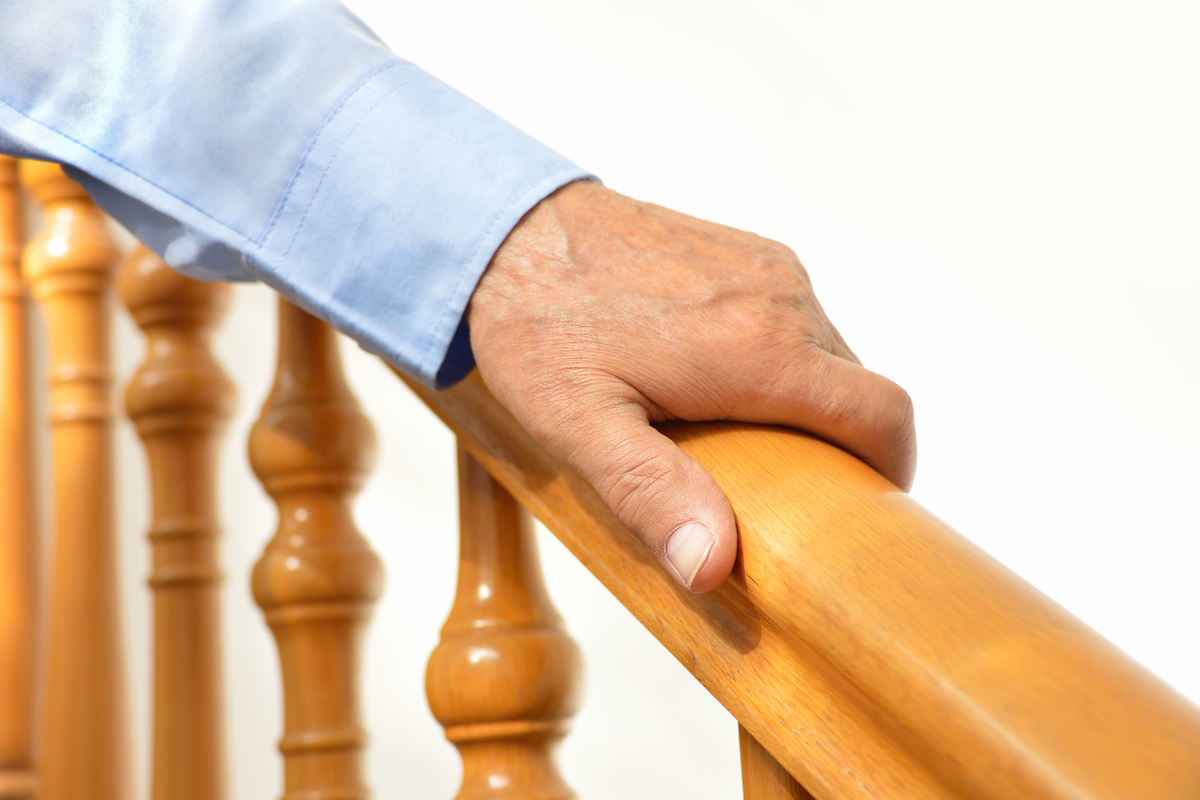
7 Questions to Ask Yourself After You Experience a Fall
Published by Vivage on
Mar 1, 2023 8:00:00 AM
According to the Centers for Disease Control and Prevention, “in the United States, about one in four adults (28%) age 65 and older, report falling each year. This results in about 36 million falls each year.”
What this statistic means is that no matter how careful or proactive we are with implementing fall prevention techniques into our daily routines, falls do happen. Therefore, the important thing to do is to learn from them.
As a provider of long-term care and rehabilitation in Colorado and Missouri, our team at Vivage is sharing some questions you should ask yourself following a fall.
What Caused Your Fall?
Getting to the root cause of your fall can help you prevent future falls and understanding why the fall happened can also help you regain your confidence.
Consider Additional Health Conditions
How are Your Balance and Gait?
While it may seem obvious, your balance and how you walk, known as your gait, play an essential role in fall prevention. However, you might not realize that you are not as balanced as you once were or that your gait is slightly off.
Getting a balance and gait assessment from your physician can help determine if this was a factor that led to your fall. During the assessment, your doctor will look for signs of pain or discomfort when walking, a lack of balance, etc. and will be able to recommend exercises to help you improve your balance. They may even suggest a walking aid such as a cane or walker to further help with fall prevention.
Do You Have Orthostatic Hypotension?
You probably have felt lightheaded after standing up too fast at some point in your life. Many of us have experienced this, which is usually not a serious issue.
However, increasing “age, some medications, and certain medical conditions can interfere with the body’s normal mechanism for regulating blood pressure,” according to Harvard Health Publishing. This is referred to as orthostatic hypotension.
If you often feel lightheaded or dizzy after standing, it is a good idea to have your blood pressure tested by your doctor to determine if this contributed to your fall.
Could My Medications Have Caused this Fall?
“Many drugs can increase the risk of falls. The more drugs you take, the greater the chance that one or a combination of them will make a fall more likely to happen… Medications that suppress the central nervous system are among those most likely to contribute to falling, as they reduce alertness and cause slower reactions and movements (health.harvard.edu).”
After a fall, review your current medications with your doctor to determine if one or more of them could be impacting your balance, alertness, and movements.
Review Environmental Factors
Did You Trip Over Clutter?
Keeping your home and pathways clear and free of clutter can go a long way in fall prevention. For example, ensuring there are no exposed cords in the way or loose rugs can help you walk confidently through your home without having to navigate around clutter.
Were You Not Able to See Where You Were Walking?
Poor lighting can be a common hazard, so keeping your home well-lit is a must. This way, you will be able to see where you are placing your feet and can more easily navigate your home and avoid tripping hazards, if any, are in your path.
Were You Wearing Appropriate Attire?
While it may not seem like it at first thought, your clothing does make a difference in fall prevention. For example, loose-fitting or flowy clothing can catch on furniture or door handles, pulling or holding you back as you walk and leading to a loss of balance.
On the contrary, clothes that fit closer to your body and non-slip footwear can help you avoid a fall.
How Can You Prevent Future Falls?
After you have identified what caused your fall, the next step is to learn how you can prevent future falls from happening. Some fall prevention tips include:
- Rebuilding your strength and balance through exercises
- Ensuring you wear proper clothing and non-slip footwear
- Keeping your home and pathways well-lit and free of clutter
- Working with your physician to rule out any underlying health conditions
If you experience a fall, our rehabilitation services can help you regain your strength and confidence. Our Vivage communities offer a high level of quality and service to return individuals to optimal health.
If you would like to learn more about rehabilitation services or explore our long-term care communities throughout Colorado and Missouri, we invite you to visit our website.